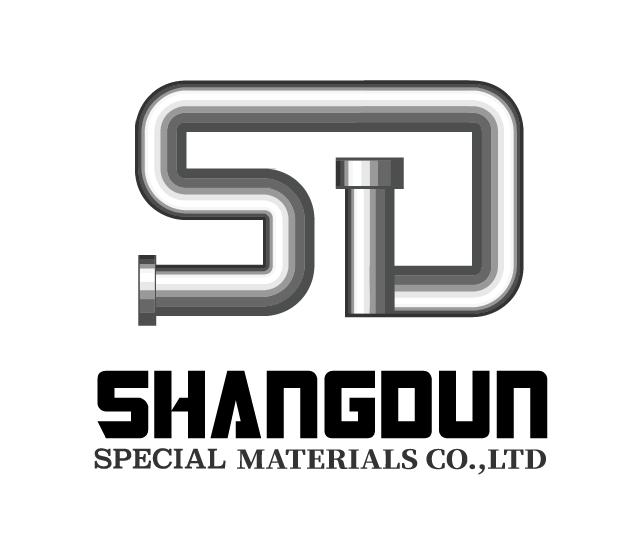Austenitic stainless steel has good corrosion resistance, high temperature oxidation resistance, good low temperature performance and excellent mechanical properties plus r Health. Therefore widely used in chemical, petroleum, power, nuclear engineering, aerospace, marine, pharmaceutical, light industry, textile and other departments. Its main purpose is anti-corrosion rust. Stainless steel corrosion mainly rely on the surface passivation film, if the film is incomplete or defective, stainless steel will still be corroded. The project usually pickling passivation treatment, so that the corrosion resistance of stainless steel to play even greater. In the stainless steel equipment and components in the forming, assembly, welding, weld inspection (such as flaw detection, pressure test) and construction marks the process of bringing the surface oil, rust, non-metallic dirt, low melting point metal pollutants, paint, welding Slag and spatter, which affect the surface quality of stainless steel equipment and components, destroy the oxide film on the surface, reduce the overall corrosion resistance of steel and resist local corrosion (including pitting and crevice corrosion), and even lead to Stress corrosion cracking. Stainless steel surface cleaning, pickling and passivation, in addition to maximize corrosion resistance, but also to prevent product contamination and obtain beautiful effect. GBl50 a 1998 “steel pressure vessel” provides that “the surface of the container made of stainless steel and composite steel with corrosion requirements should be pickled passivation.” This requirement is for pressure vessels used in the petrochemical industry. Since these devices are intended for direct contact with corrosive media, pickling passivation is necessary to ensure corrosion and corrosion resistance. For other industrial sectors, stainless steel is not required for pickling passivation if it is not for corrosion protection purposes only based on cleanliness and aesthetic requirements. However, the weld of stainless steel equipment also need pickling passivation. For nuclear engineering, some chemical installations and other demanding applications, in addition to pickling passivation, but also the use of high purity media for final fine cleaning or mechanical, chemical and electrolytic polishing finishing.
Leave Your Message
Post time: Jan-18-2018




